How Minimalism Works in Relationships: 12 Thoughts & Reflections

I am going to talk about how minimalism relationships work.
I also want to talk about how we began with minimalism, how my husband feels about it, extreme minimalism, and traveling abroad.
How our family felt about minimalism is something I'll touch on too.
1. Why we became minimalists
We began our minimalist journey accidentally. We did not set out to be minimalist. We became minimalists before that was even a thing, trend, or talked about.
In 2008, with the recession then, we fell on financial hard times and, as a result, had to downsize our house several times, sell our cars, and sell most of our possessions, and that kind of launched us into minimalism.
2. How we feel about minimalism
Once we had downsized, we realized that simple is nice and that we didn't need fancy cars or a giant house filled to the brim with possessions to find joy and happiness.
After the whole process of going through that, we sold everything, and when we came out on the other side, we realized that we were just the same as we were before, except we just had less stuff, and it kind of felt, we felt lighter.
3. If one partner doesn't like minimalism
I often get asked what we would do if one of us didn't want to be a minimalist. Well, I would want to give that person space. So if they did not want to be involved in that and you wanted to be involved in it, I think giving that person space is important.
They don't have to come along if they don't want to. If you're in a relationship and one of you is not on board with it, like all things in marriage, it takes compromise, communication, respecting each other's wishes, and finding little ways that work for both of you.
4. Starting minimalism
If you are introducing minimalism into your life, start small, like decluttering a closet, not the whole house. Maybe pare down your wardrobe or something like that because it's a lifestyle.
Minimalism is a way of life, and because it's a lifestyle, it comes with taking time, adapting it, and customizing it to fit you.
5. Kids and minimalism
Our kids were always on board with minimalism, except when they were teenagers. The thing that really our kids growing up with it, I think, took away is finding joy in little things.
Like just when we would go to a park and hang out when they were little or go on a hike, they didn't always like the hikes all the time, but there were many times when we would do that, and they would love it. They love going to the lake. They love having a picnic somewhere.
6. Intentional life
Becoming intentional with not only our possessions but our time and energy and where we put our attention in life, and just being mindful of what was taking away from our marriage and our life and what was adding value.
7. Extreme minimalism
Another thing I get asked a lot about lately is extreme minimalism. Six months ago, we got rid of everything we owned and just have our suitcases now.
You're taking these sentimental things and contemplating getting rid of them, and that's hard. It's not easy to do. We actually were out of our house, and he still had five large black garbage sacks filled with stuff. It wasn't as easy for either of us as we thought it was going to be.
8. Letting go of sentimental things
It was hard. It was very hard. I put it off for a long time because it involved family heirlooms. It was my father's, all of his stuff and badges from when he was a police officer, and those types of things. B
ut at the end of the day, I didn't do anything with it. They just sat in a box.
9. Affected our marriage
Joel and I have been married through this process of becoming a minimalist and extreme minimalist and traveling abroad. I think it's made our marriage stronger because it's brought us together.
We've had to learn how to communicate more and agree, especially when it comes to finances, and have a common goal and vision for our life together. I get far more out of time with my husband when it's just going for a walk, having a picnic, and having a nice conversation.
10. What makes our marriage work
I think this is a key element for having a healthy relationship. At the same time, we travel to have fun, enjoy each other's company, be playful and adventurous, try new things, and enjoy life wherever we're at.
11. Full-time travel
The best part about traveling is being able to spend long periods of time with each of our grown kids. It's really fun to jump into their world and see what's going on, and it's not just a week-long vacation.
Also, to experience the world and other cultures and meet new people, the world is so big and beautiful, and I feel fortunate to have this lifestyle, even though this lifestyle is not easy. It has a lot of challenges.
It's something that you have to want to do. But that's what's important to us. So we put in the work to make this happen, and I think what makes it work is communication, compromise, teamwork, and supporting each other.
12. Adaptability, tolerance, humility
I feel like we're kind of in the trenches of life, and it's Joel and I, and again, we have to communicate all the time about all the details, or things get missed.
Being adaptable is crucial because when you're always in temporary housing like different Airbnbs, they're not always perfect. You have to just roll with it and be okay with it and change and adapt and grow. I think that helps us both be better human beings, more tolerant, patient, and humble. It's very humbling to live this way.
Minimalism in relationships
Minimalism can be easier or harder in a relationship. Do you have a minimalism relationship built on a shared lifestyle? Share your experience in the comments below.
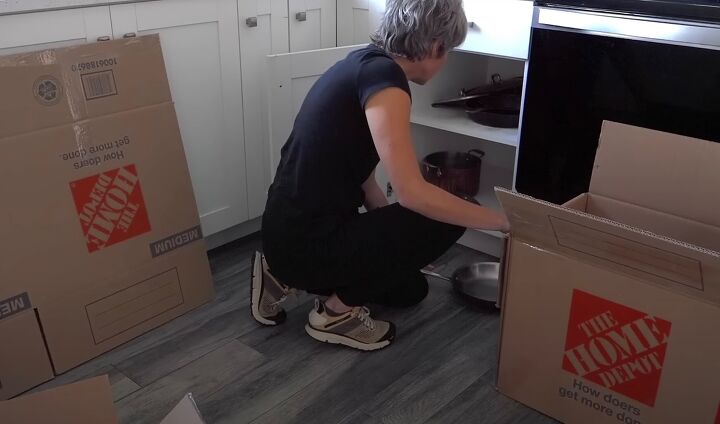







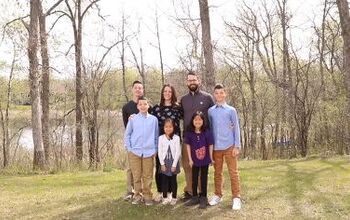



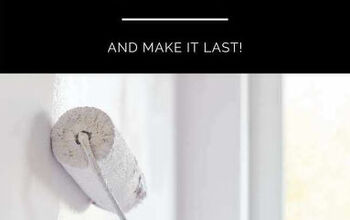
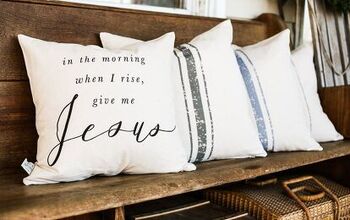
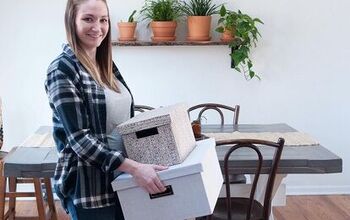



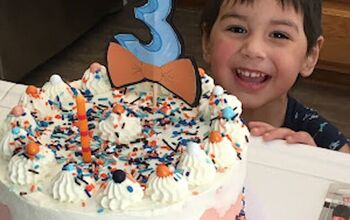
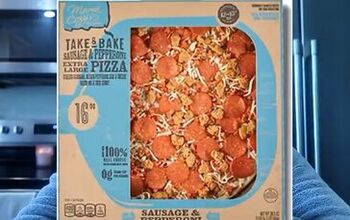
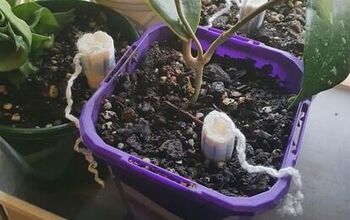




Comments
Join the conversation